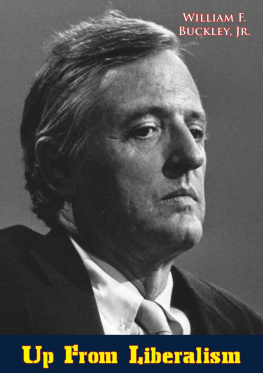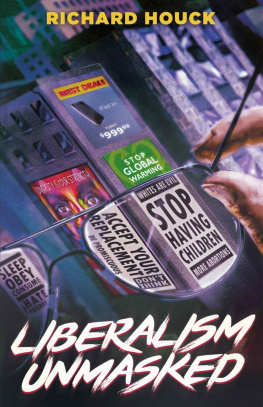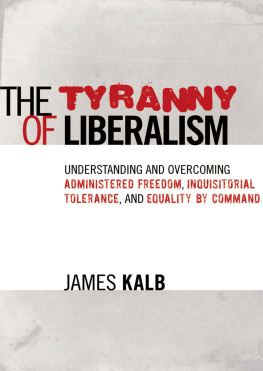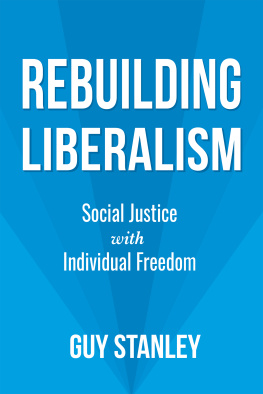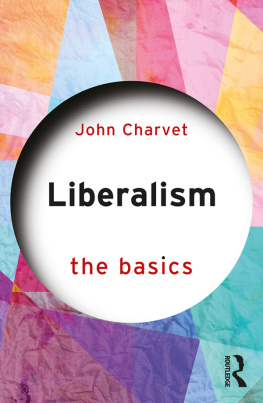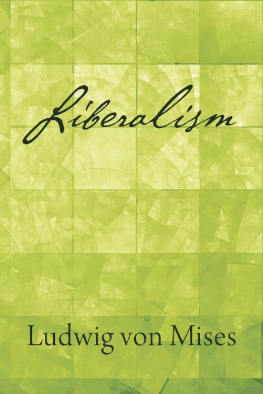

This edition is published by PICKLE PARTNERS PUBLISHINGwww.pp-publishing.com
To join our mailing list for new titles or for issues with our bookspicklepublishing@gmail.com
Or on Facebook
Text originally published in 1959 under the same title.
Pickle Partners Publishing 2016, all rights reserved. No part of this publication may be reproduced, stored in a retrieval system or transmitted by any means, electrical, mechanical or otherwise without the written permission of the copyright holder.
Publishers Note
Although in most cases we have retained the Authors original spelling and grammar to authentically reproduce the work of the Author and the original intent of such material, some additional notes and clarifications have been added for the modern readers benefit.
We have also made every effort to include all maps and illustrations of the original edition the limitations of formatting do not allow of including larger maps, we will upload as many of these maps as possible.
UP FROM LIBERALISM
BY
WILLIAM F. BUCKLEY, Jr.
Introduction by SENATOR BARRY GOLDWATER
Foreword by JOHN DOS PASSOS
TABLE OF CONTENTS
Contents
DEDICATION
To
Brent Bozell
James Burnham
John Chamberlain
Whittaker Chambers
Willmoore Kendall
Frank Meyer
mentors, colleagues, friends
INTRODUCTION
BY SENATOR BARRY GOLDWATER
THE RECENT RENEWAL OF interest in conservative principles was brought about, as far as I can see, not by the older members of the American community, but the younger. That is unusual: for the young are generally associated with the movements of the left, and it completely reverses the rule to see among the brightest young people in America, men and women who want to redirect the nations destiny along conservative linesindividual freedom, local government, national sovereignty, and the religious view of life.
William Buckley has acted as a leader of this movement. He began, fresh out of Yale, challenging some of the basic assumptions of Liberalism in a celebrated book about the educational biases at his alma mater. He turned his attention to the problems of internal security in his second book, also a best-seller. Now in this book, by far his best in my judgment, he delivers a stinging critique not only of the principles of Liberalismor, perhaps better, the no -principles of Liberalismbut of the behavior of some of Liberalisms principal architects. But however severe his indictment, which is deadly serious in intention, he does not forget to smile. And he doesnt lose his balance. There is in this book plenty of criticism of right-wing stodginess and short sightedness, from which there is also much to learn.
This book of mind and heart, wit and eloquence, by the chief spokesman for the young conservative revival in this country, must be read and understood, to understand what is going on in America.
We have to thank Mr. Buckley above all for a readable and amusing and incisive account of the kind of people who are generally in positions of power todayin both politics and the academic world; and a penetrating view of the kind of world they seem to want.
The Liberals world is not the kind of world I want to live in. If we are saved from it, among those we shall have to thank is the author of this book.
FOREWORD
BY JOHN DOS PASSOS
THE FIRST DUTY OF a man trying to plot a course for clear thinking is to produce words that really apply to the situations he is trying to describe. I dont mean a fresh set of neologisms devised, like thieves cant or doubletalk, to hold the uninitiated at arms length. We have seen enough of that in the jargon of the academic sociologists which seems to have been invented to prove that nobody but a Ph.D. can understand human behavior. Plain English will do quite well enough, but the good old words have to be brought back to life by being used in their original sense for a change.
Only through a fresh approach, maybe through a variety of fresh approaches, can the terms through which we try to understand the events that govern our lives be reminted to the point of ringing true again. It is immensely heartening to those of us who would rather establish a true picture of the world we live in than one which is socially acceptable, to know that rash innovators are heartily at work. Thirty years ago the innovators called themselves radicals. Now mostly they call themselves conservatives.
The radicals of the period of the first of the centurys great wars were trying to conserve something too. We were pretty conscious of the fact that we were trying to conserve the independence of the average citizen which we felt the power of organized money was bent to destroy. This was the underlying theme of the Populist agitation, of the Progressive and Socialist and Farmer-Labor parties. Through the referendum and recall and primary elections and labor unions and cooperatives we thought that something like the old townmeeting type of self-government could be revived. The aim of all the diverse radical movements of that politically fertile period was somehow to restore the dignity of the man who did the work. Staid Single-Taxers, direct action IWWs and bomb throwing anarchists had the same eventual goal. They believed that if every man could be assured of the full product of his labor, the Kingdom of Heaven would be installed on earth. Their quarrel was about ways and means.
The history of the twentieth century has been the history of a series of denials of these hopes. We can now see that the radical view was grossly oversimplified. It made no allowance, among other things, for the fact that man is an institution-building animal. In our enthusiasm for the producer we underestimated the importance of the planner and manager in industry. Marx had shrewdly pointed out the class solidarities which were so obvious in nineteenth century England, but he was too nearsighted to apply his theory of classes to human societies in general, instead of restricting it to the particular phase of the industrial revolution he had under his nose.
Though Marxs proletariat may be somewhat better fed than it was a century ago, its individual members have made little if any progress toward that personal liberty and independence on which the dignity of man is founded. Each new development of industrial society, whether under Communist dictatorship or under the mixed capitalist-socialist systems that have grown up in the western countries, has reduced the stature of the individual man. In the West he has been able to trade his liberties for some increase in material well-being. The American standard of living in particular has become the envy of the world; so much so that even in the Soviet Union the Communist masters have been forced grudgingly to try to match these capitalist allurements.
As the millennial dream of a perfect society recedes into a science fiction future, the slogans of its votaries become the liturgy of a new ruling class. Opinions of the sort that sent Eugene Debs to jail or ruined Thorstein Veblens teaching career have become the accepted platitudes of the academic groves.
Forty years ago a young man in college spoke ill of businessmen at some hazard. Profits were a sacred word. Advocates of labor unions were jeeringly asked if they had ever met a payroll. The tenets of the free market economy were as much a divine institution as The Ten Commandments. With the devotion of young Mormons on their missionary year, college graduates took to the road to sell bonds.
Next page
